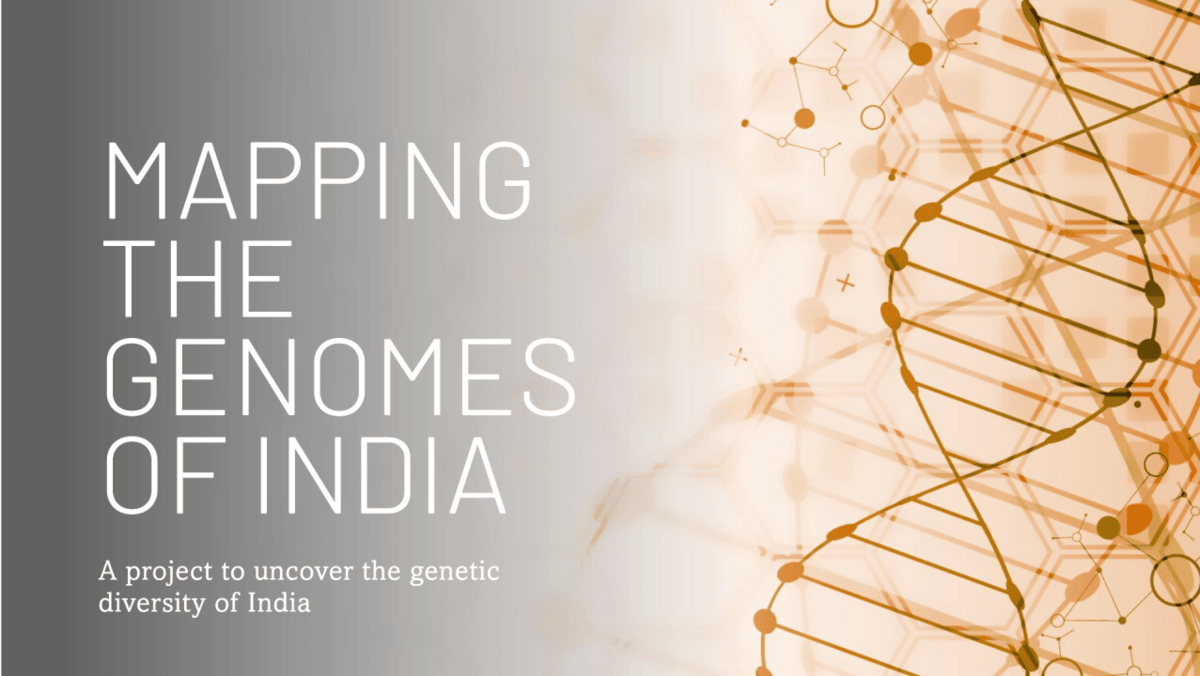How Will Genetic Mapping of Indians Help? | Explained
Published: April 10, 2025 | 9:15 PM
India’s Genomic Leap
The Indian government and leading research institutions have launched an ambitious initiative to map the genetic makeup of its vast population. This genetic mapping project, under the Genome India initiative, could fundamentally change how diseases are diagnosed and treated across the nation.
Early Disease Detection
One of the most promising outcomes of genetic mapping is the early detection of hereditary diseases such as cancer, diabetes, and cardiovascular conditions. By identifying risk factors encoded in genes, doctors can recommend proactive lifestyle changes or treatments before symptoms even appear.
Personalized Medicine
Genetic profiles enable tailored treatment plans. Instead of the one-size-fits-all approach, doctors can prescribe medications and therapies based on how an individual’s body is likely to respond, maximizing effectiveness and minimizing side effects.
Understanding India’s Diversity
With its vast cultural and ethnic diversity, India presents a unique case for genomic studies. Genetic mapping could uncover region-specific traits and disease vulnerabilities, helping scientists design more inclusive clinical trials and community-focused healthcare programs.
Better Public Health Policies
Data derived from nationwide genomic studies can guide policymakers in crafting better health programs. It can highlight population clusters that are genetically predisposed to certain illnesses, ensuring more targeted medical interventions and resource allocation.
Fuel for Future Research
The initiative will also boost India’s standing in global biotech and pharmaceutical research. Indian scientists will gain access to valuable genetic databases, potentially leading to breakthroughs in new drugs, vaccines, and therapeutic technologies tailored for Indian genes.

